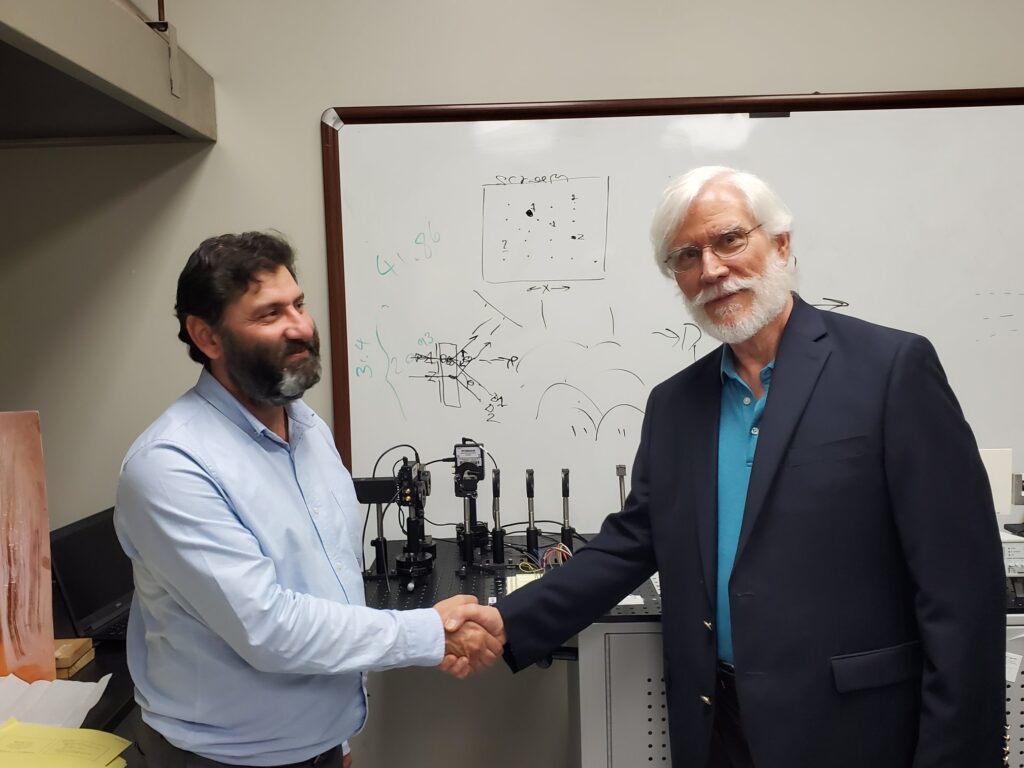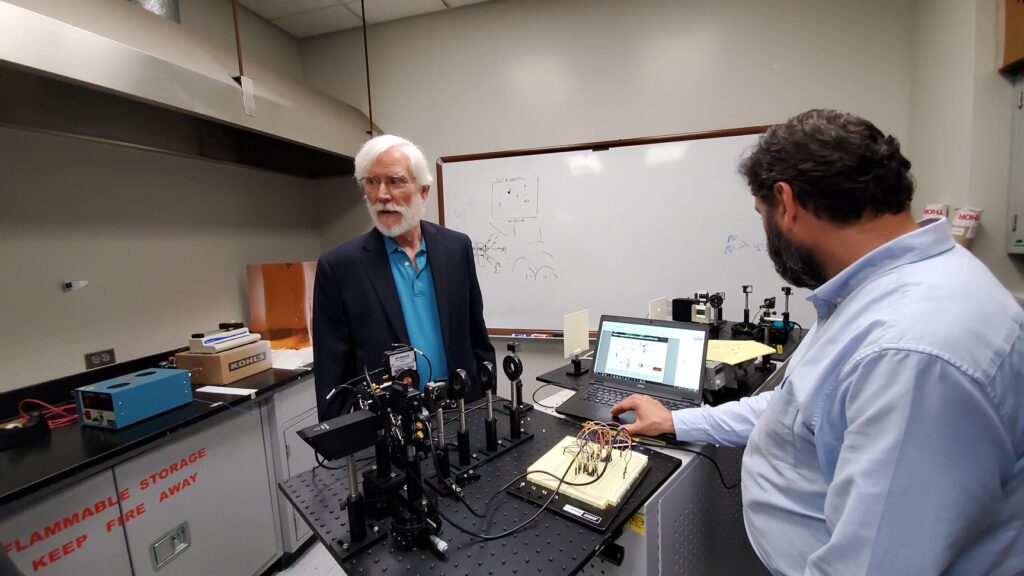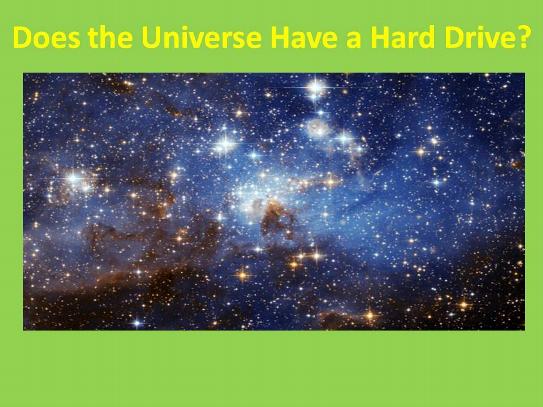Researchers at California State Polytechnic University (CalPoly), Pomona are carrying out a series of quantum physics experiments expected to provide strong scientific evidence that we live in a computer simulated virtual reality.
Devised by former NASA physicist Thomas Campbell, the five experiments are variations of the double-slit and delayed-choice quantum eraser experiments, which explore the conditions under which quantum objects ‘collapse’ from a probabilistic wavefunction to a defined particle. In line with the Copenhagen Interpretation of quantum mechanics, Campbell attributes a fundamental role to measurement, but extends it to human observers. In his view, quantum mechanics shows that the physical world is a virtual reality simulation that is computed for our consciousness on demand. In essence, what you do not see does not exist.
Campbell’s quantum experiments have been designed to reveal the interactive mechanism by which nature probabilistically generates our experience of the physical world. Herein, Campbell asserts that, like a videogame, the universe is generated as needed for the player and does not exist independent of observation.
While multiple quantum experiments have pointed to the probabilistic and informational nature of reality, Campbell’s experiments are the first to investigate the connection between consciousness and simulation theory. These experiments are based on Campbell’s paper ‘On Testing the Simulation Theory’ originally published in the International Journal of Quantum Foundations in 2017.
Paradigm-shifting consequences
Importantly, Campbell’s version of the simulation hypothesis differs from the ‘ancestor simulation’ thought experiment popularized by philosopher Dr. Nick Bostrom. “Contrary to what Bostrom postulates, the idea here is that consciousness is not a product of the simulation — it is fundamental to reality,” Campbell explains. “If all five experiments work as expected, this will challenge the conventional understanding of reality and uncover profound connections between consciousness and the cosmos.” The first experiment is currently being carried out by two independent teams of researchers — One at California State Polytechnic University (Pomona) headed by Dr. Farbod Khoshnoud, and the other at a top-tier Canadian university that has chosen to participate anonymously at this time.

To learn more, or to follow their progress visit Testing the Hypothesis, a platform bringing together all relevant information about Campbell’s experiments, including a detailed explanation of each.


 But these things only seem strange, because we do not experience them first hand given our size and our senses. As the math and the mechanisms are understood through research and experimentation, the behavior begins to fit within physical laws as we understand them. Then, we can extrapolate (predict) other behaviors.
But these things only seem strange, because we do not experience them first hand given our size and our senses. As the math and the mechanisms are understood through research and experimentation, the behavior begins to fit within physical laws as we understand them. Then, we can extrapolate (predict) other behaviors.